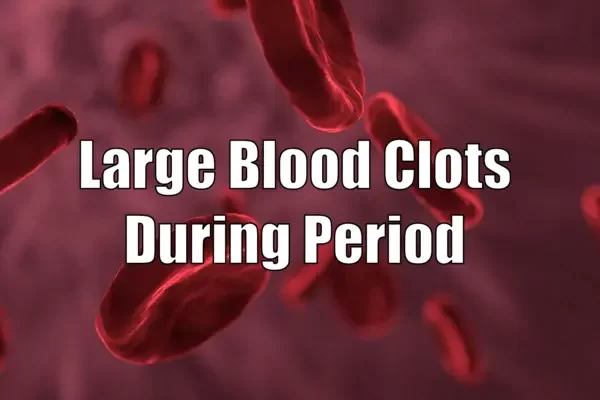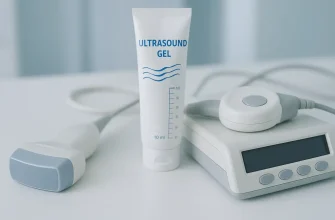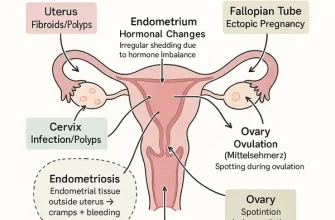Well, you’re certainly not alone. Let’s delve into this topic sensitively and unravel the mystery surrounding large blood clots.
What Are Menstrual Blood Clots?
First and foremost, it’s important to realize that blood clots during menstruation are, to an extent, perfectly normal. These are semi-solid lumps of blood that can be bright or darker red in color. They happen because the blood released during a period tends to pool in the uterus or vagina before exiting the body, especially when you’re lying down or sitting for a prolonged period.
When Should You Be Concerned?
Although small blood clots the size of a dime or a quarter are usually not concerning, larger clots that are bigger than a quarter may require discussing with your healthcare provider. Here is a brief table outlining the appropriate instances to seek advice:
| Size of Clot | Recommendation |
|---|---|
| Smaller than a dime | Generally considered normal |
| Size of a quarter or slightly larger | Usually normal, but keep an eye on frequency |
| Larger than a quarter | Worth discussing with a healthcare provider |
Possible Causes of Large Clots
There can be various reasons for the presence of larger clots in your menstrual blood. Some common causes include:
- Hormonal Changes: Changes in hormone levels can impact the uterine lining, resulting in increased menstrual bleeding and the formation of blood clots.
- Uterine Fibroids: These noncancerous growths can cause abnormally excessive and heavy menstrual bleeding, potentially resulting in the development of blood clots.
- Endometriosis: This situation results in the development of tissue that resembles the uterine lining growing outside of the uterus, leading to the possibility of experiencing severe periods that are accompanied by significant pain.
- Adenomyosis: This refers to a medical condition where the inner layer of the uterus breaks through the muscular wall of the uterus, possibly leading to heavy menstrual bleeding and the development of blood clots.
- Bleeding Disorders: Certain people have medical conditions that impact the process of blood clotting, leading to heightened clot formation particularly during menstrual cycles.
When to Visit a Doctor
It’s advisable to schedule an appointment if:
- You consistently have clots larger than a quarter.
- You’re experiencing a heavy flow that requires changing your pad or tampon more frequently than every 1-2 hours.
- Your period lasts longer than 7 days.
- You’re feeling fatigued or show symptoms of anemia (possibly due to heavy blood loss).
- You’re experiencing severe pain during your period.
Managing Large Blood Clots
If you’re having large clots and are concerned, here are some steps you can take:
- Track Your Cycle: Maintain a record of your monthly periods, noting the duration, frequency and amount of blood clots, along with any other accompanying signs or symptoms.
- Lifestyle Choices: Maintain a balanced diet rich in iron and vitamins to combat anemia, and exercise regularly to improve blood flow.
- Medical Consultation: Don’t hesitate to reach out to a healthcare provider who can offer personalized medical advice and treatment options.
Conclusion
Remember, every woman’s body is unique, and so is her menstrual cycle. While large blood clots can be unsettling, they often have benign explanations. Nevertheless, staying informed and proactive about your reproductive health is key. If you notice any changes or have concerns about your period, it’s always best to consult with a healthcare professional to ensure that your body is getting the care it deserves.









